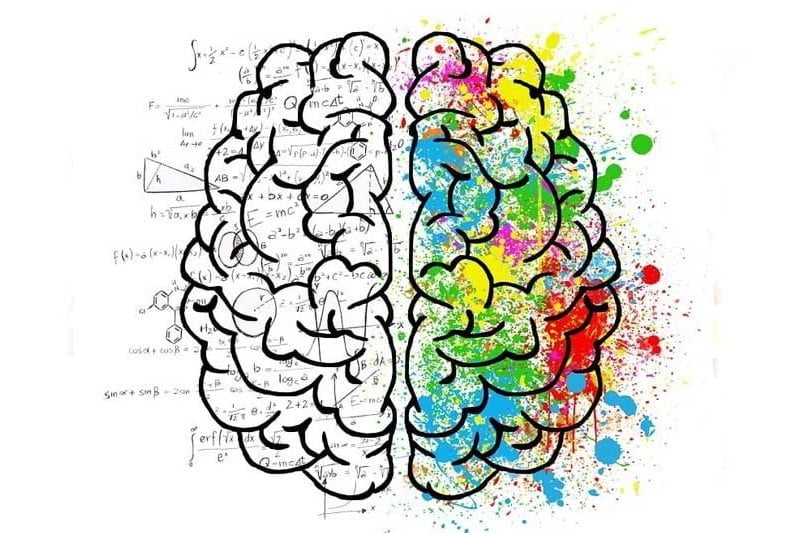Have you ever wondered whether am I emotionally intelligent or not?
Being emotionally intelligent means that you are able to understand and manage your own emotions as well as of those around you effectively.
It is one of the most crucial skills you can have to build rapport with other people and improve relationships.
An emotionally intelligent person finds it easier to understand the perspective of others and align with them accordingly. It basically enables you to exhibit high levels of empathy.
Am I Emotionally Intelligent – 20 Questions
This quiz “Am I emotionally Intelligent” consists of questions that are widely applicable to common everyday life. Try answering each one with honesty.
Tips to Increase the Emotional Intelligence
Follow these easy tips to increase your emotional intelligence:
1. Practice Self-Reflection
The most important thing you can do to boost your emotional intelligence is to self-reflect on your actions, words, and behavior.
The reason why it’s so much effective is because it helps you discover the values and priorities that make you who you are right now.
When you know yourself and your priorities, you are better equipped to fully and rightly express yourself which allows you to connect with others on a much deeper level.
Okay, self-reflection seems to promising but how can I do that because I tend to forget about it in real-world situations?
Don’t panic! Here’s an easy way.
Is breathing easy for you, do you tend to forget about it sometimes? Of course not! Because you’ve been doing it consistently from the day you were born hence it became second nature.
In the same way, you can make self-reflection something that you can do involuntarily just like breathing.
All you have to do is always self-reflect before everything, big or small, significant or insignificant. Before doing anything, just stop and ask, is it worth doing it? Does it align with my goals? Go with it if it aligns otherwise leave.
You have to do it mindfully in the beginning, but when done at least 21 days straight, it will start becoming like second nature.
2. Practice Empathy
Empathy! An ability that actually makes humans humanlike.
It makes you understand the perspective of the other person by putting yourself in his shoes and acknowledging where he’s coming from.
Practicing empathy will boost your emotional intelligence in no time and will make you foster deep and meaningful relations effortlessly.
The way to do this is to put your agenda and beliefs aside for just a moment and focus solely on the person. Try analyzing, what this person has been doing what he wants and how is he trying to navigate.
Though that person might be wrong but understanding his perspective will make you address him in a highly tweaked way and he’ll listen to you because you are now speaking his language.
3. Practice Active Listening
This is so much important and can’t be emphasized much especially in this age when narcissism is all-time high and the quality of actively listening seems scarce.
When you give someone your undivided attention and focus on what they are saying, how they are saying it, you make them feel heard and appreciated. You make them feel as if you actually do care.
Then begin to connect with you on a deeper as they will be likely to share more about them and that will just set you up for good to forge a strong bond with them.
Though he may not openly show it, but it will make that person’s day.
Conclusion
This quiz ‘Am I emotionally intelligent’ contains questions that are not only common concerning your everyday life but also help you effectively deduce how much emotional intelligence you have.
One common observation is people generally hold Intelligent Quotient (IQ) in high regard and parents usually push their children to improve their IQ. That’s a good thing, however, but life is all about balance. And the thing which makes you do well with people is not Intelligence Quotient but rather Emotional Intelligence. Because people who have high EQ tend to do well in social situations.
They will feel the full range of emotions and tend to express them easily and appropriately according to the situation. This not only helps the individual build rapport with people but also navigates social situations effortlessly.
Disclaimer
This content is not intended as a substitute for psychological, professional or medical services. The information provided is intended to be educational and may increase your awareness as well. Never disregard professional medical or expert advice because of the content found in this program.






Leave a Reply